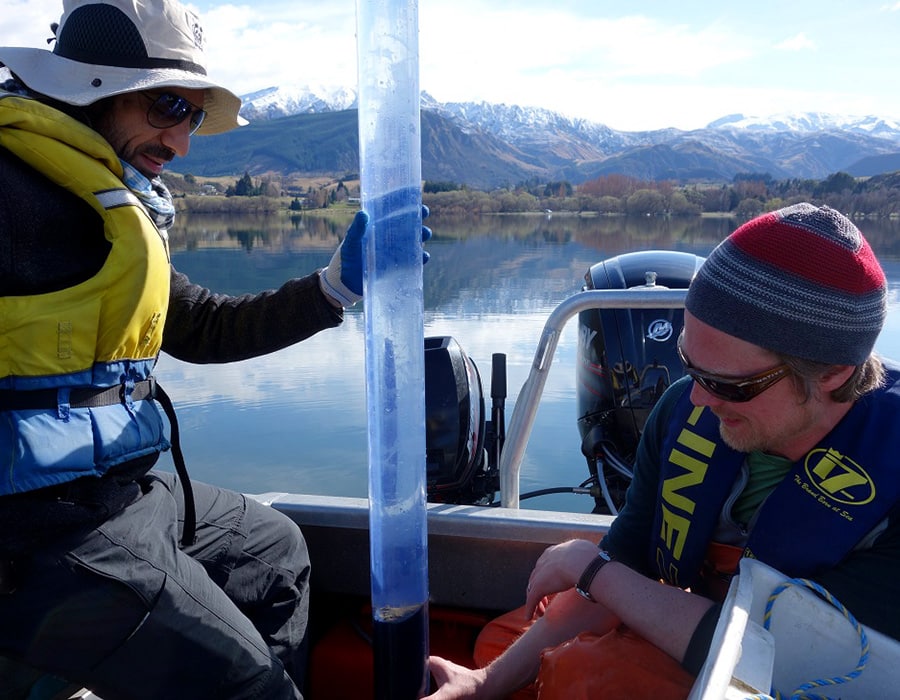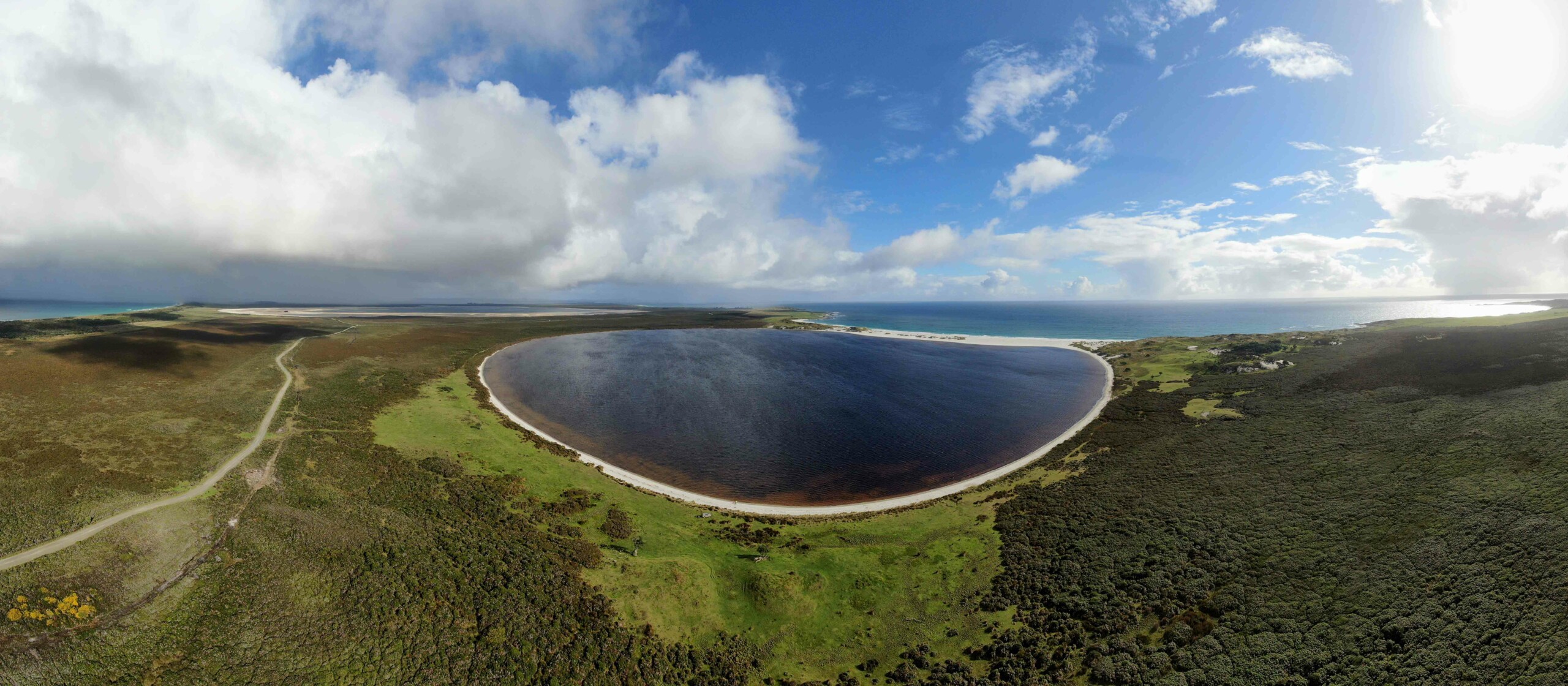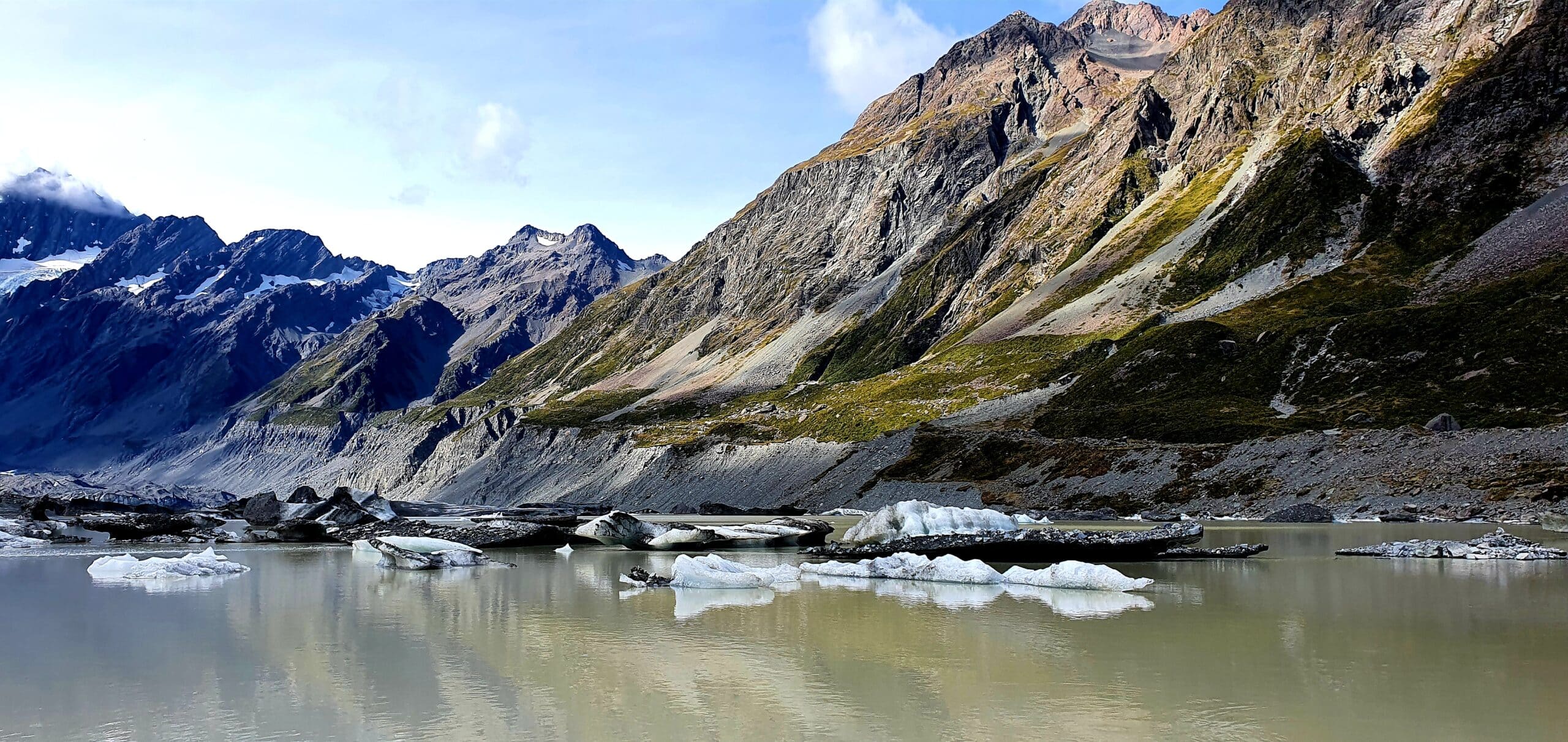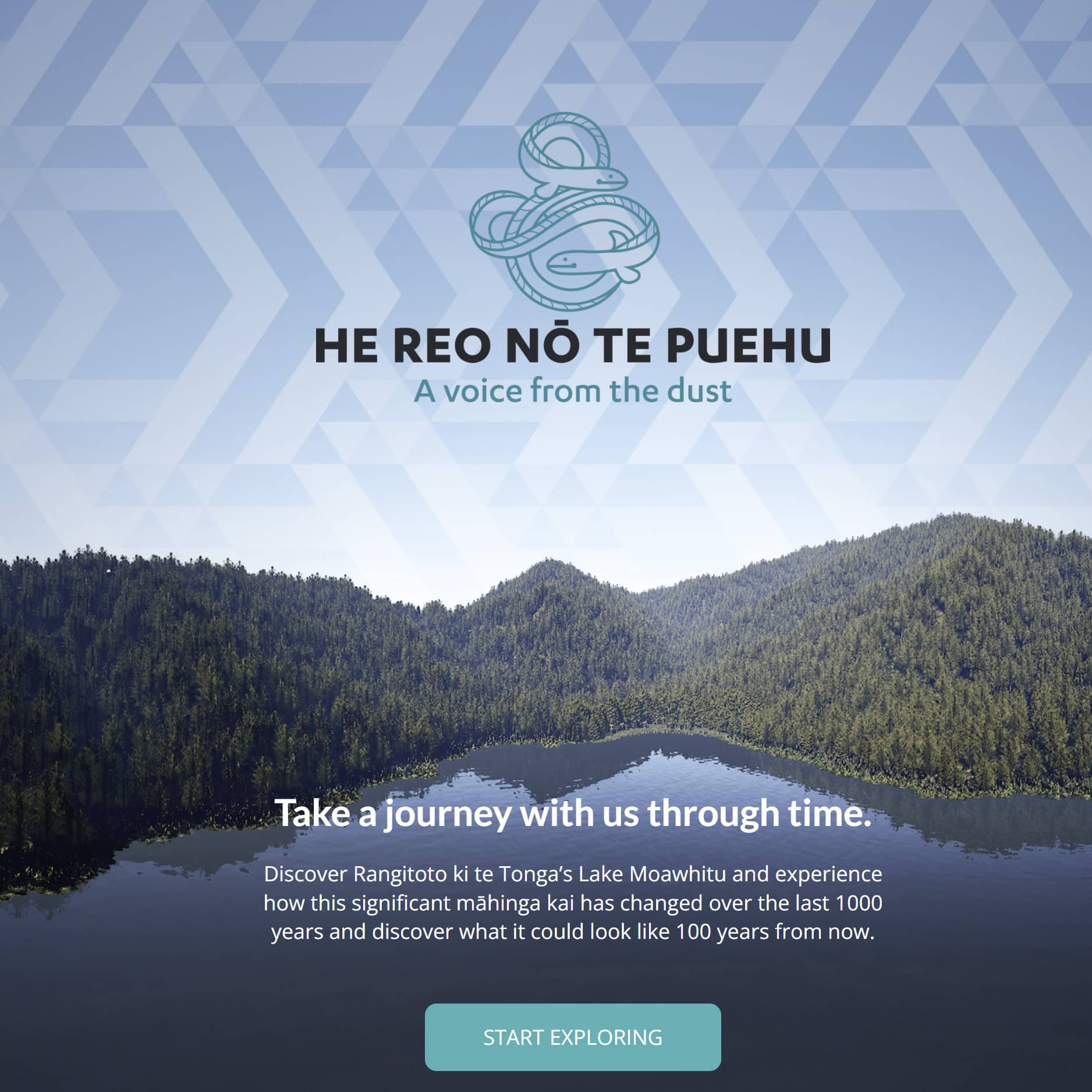Otago’s lakes could hold clues to how past land use and climate change has affected New Zealand’s environment – and what might happen in the future.
A team of scientists from GNS Science, the Cawthron Institute and the University of Otago will this week (June 22 – 28) start taking samples from coastal lakes close to Dunedin, and sub-alpine lakes in the Queenstown region.
The sampling is part of a nationwide project called ‘Our Lakes’ Health – Past, Present, Future’ (also referred to as Lakes380) which aims to determine the ecological health and history of New Zealand’s lakes.
“Lake sediments are natural archives that continuously record environmental history, providing measures of current and historical aquatic communities and water quality,” says co-project leader Marcus Vandergoes from GNS Science.
“We take sediment cores from the deepest part of the lakes, and the data collected from the sediment is equivalent to a millennium of monitoring.“
The team will begin their trip by sampling Otago coastal lakes, which Marc Schallenberg from the University of Otago says are some of the most highly susceptible freshwater habitats in New Zealand.
“Coastal lakes are situated at the bottom of catchments and so they receive inputs of sediment and nutrients from those catchment areas.
“These lakes have traditionally been an important source of mahinga kai, and understanding how and why they have changed over time is an important step in planning any future restoration work.”
Chris Moy, a paleoclimatologist also based at the University of Otago, will look at the effects of recent climate change on these lake systems and investigate the effect of climate change since the last Ice Age approximately 16,000 years ago.
“We can use the record of past temperature and precipitation change to make more informed plans for our future,” Dr Moy says.
“The extended timeframes provided by these sediment core records offer a valuable perspective of the natural variability in the climate system.”
During the upcoming field campaign, the team will sample their 200th lake.
“The team has been sampling lakes across New Zealand for just over 16 months, so we’re really excited to hit the 200th lake milestone!” Dr Vandergoes says.
“Our results are revealing fascinating differences in how lake health has changed over time and across New Zealand.”
Exploring the current and past health of New Zealand’s southern lakes




